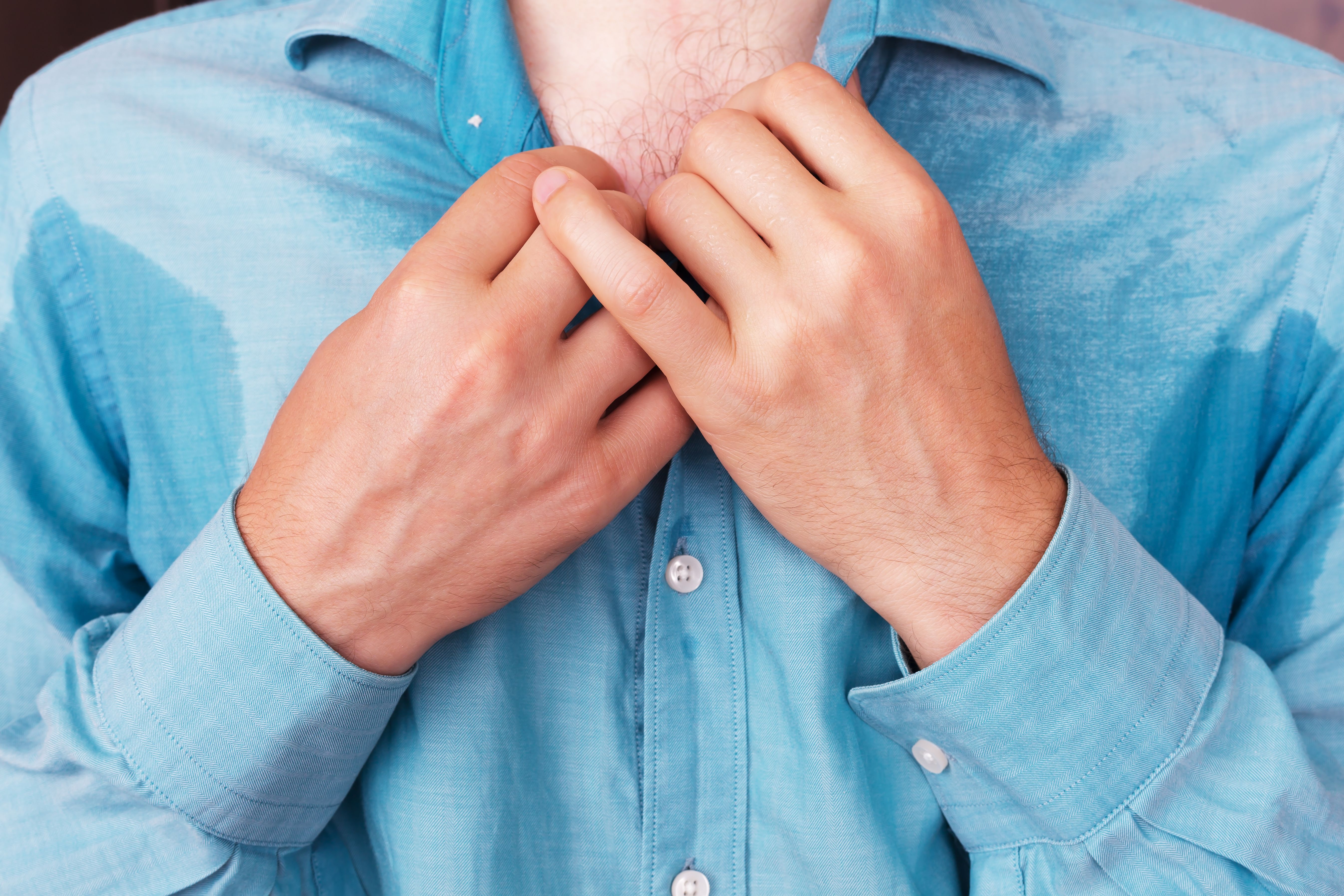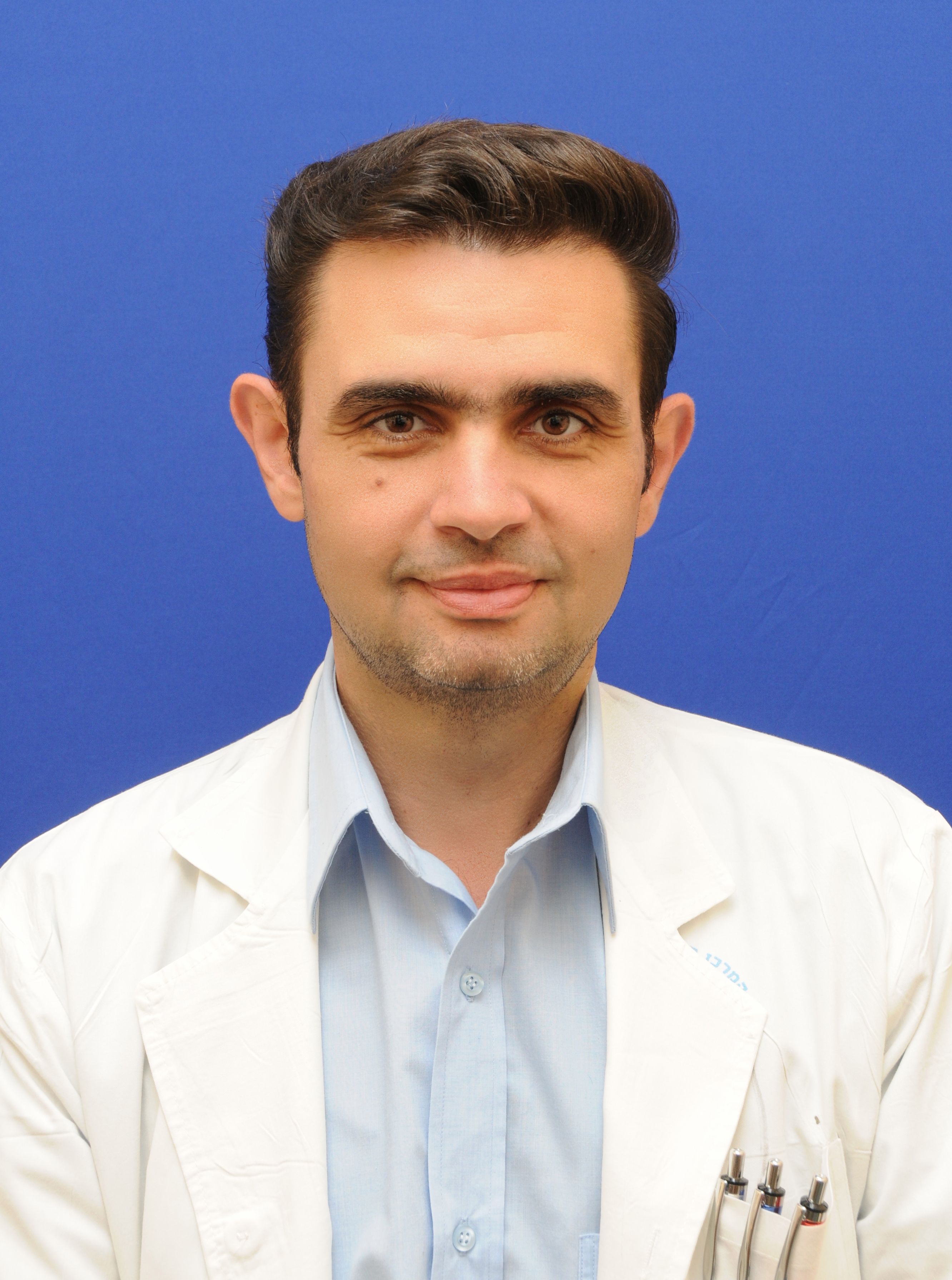- Case-Based Roundtable
- General Dermatology
- Eczema
- Chronic Hand Eczema
- Alopecia
- Aesthetics
- Vitiligo
- COVID-19
- Actinic Keratosis
- Precision Medicine and Biologics
- Rare Disease
- Wound Care
- Rosacea
- Psoriasis
- Psoriatic Arthritis
- Atopic Dermatitis
- Melasma
- NP and PA
- Skin Cancer
- Hidradenitis Suppurativa
- Drug Watch
- Pigmentary Disorders
- Acne
- Pediatric Dermatology
- Practice Management
- Prurigo Nodularis
- Buy-and-Bill
Article
Help for hyperhidrosis
Author(s):
Dr. Jacob Mashiah offers tips for optimally treating patients with sweating disease.
Dr. Jacob Mashiah offers tips for optimally treating patients with sweating disease. (Victor Koldunov - stock.adobe.com)

Dr. Mashiah

When treating adult patients’ sweating disease, it’s important to determine the type of hyperhidrosis and decide whether it is primary or secondary hyperhidrosis, according to Jacob Mashiah, M.D., director of The Pediatric Dermatology Unit, Dana-Dwek Children’s Hospital, Tel-Aviv, Israel.
“This is important [because] if the hyperhidrosis is secondary, then finding the cause will solve a problem which can be of great importance in addition to solving the sweating,” according to Dr. Mashiah, who presented “Sweating diseases of adults and their treatments” during the “Sweating, too much and too little” panel Saturday, March 2, at the 2019 American Academy of Dermatology Annual Meeting in Washington, DC. “Additionally, the negative impact of hyperhidrosis on patients’ lives should be kept in mind – emphasize the need to find a solution for this problem.”
Dermatologists should keep these things in mind for optimally treating patients with sweating disease, according to Dr. Mashiah:
- There are several options of topical therapy for hyperhidrosis, and all should be examined before using other modalities.
- Advanced modalities like botulinum toxin, microwave thermolysis, laser treatment, as well as iontophoresis, have good results in treating hyperhidrosis.
- Oral anticholinergic treatment for hyperhidrosis can be beneficial in spite of the potential side effects.
- Surgery for hyperhidrosis should be reserved for those who are unresponsive to other modalities.
Disclosures:
Dr. Mashiah reports no relevant disclosures.
Newsletter
Like what you’re reading? Subscribe to Dermatology Times for weekly updates on therapies, innovations, and real-world practice tips.





